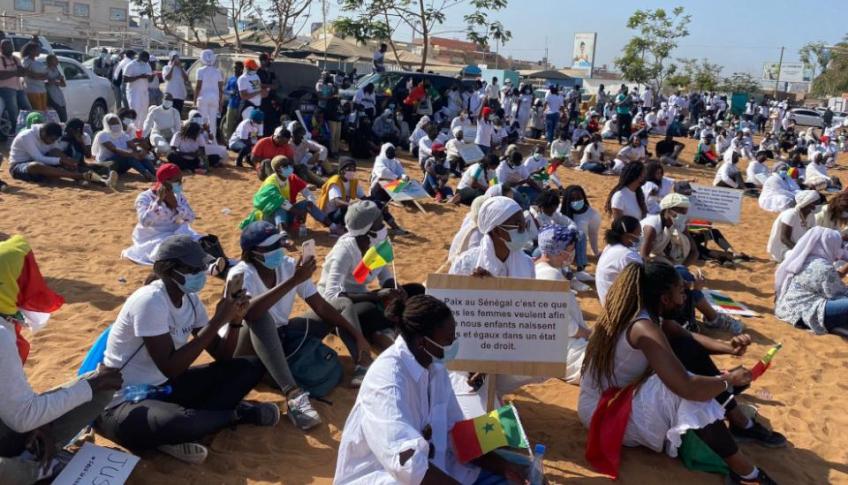
On International Women’s 2021, as Senegalese youth protested against an autocratic government, they also trended “Happy women’s day to everyone except Adji Sarr”. In February, a woman accused Ousmane Sonko of rape and since then has been exposed to victim-blaming, threats, cyberharassment and gaslighting – of which the accused himself participated in by denying the accusation and accusing the president of Senegal of framing him.
The incidents that followed are emblematic of the culture of rape and violence against women in Senegambia. I remember saying that in a country where rape allegations are often socially and legally dismissed, the state is so involved in this one. I realised then how dismissive of Adji’s story that statement was and that, instead of affirming that Adji Sarr deserves justice to a trial and for everyone to believe her story, I was also politicising the issue.
These words by Dr. Rama Dieng reminded me of how important it was that I had not commented right away: “For me, it has always been crucial to take a step back, to resist the temptation to react quickly, to give ideas the necessary time to mature, and meticulous investigation and analysis of the facts to take place.” My first tweet analysing this was that the narrative being told by local media and protesters largely left out an important aspect of what happened; it simply did not include Adji Sarr.
Continue reading at GenderIT.org.